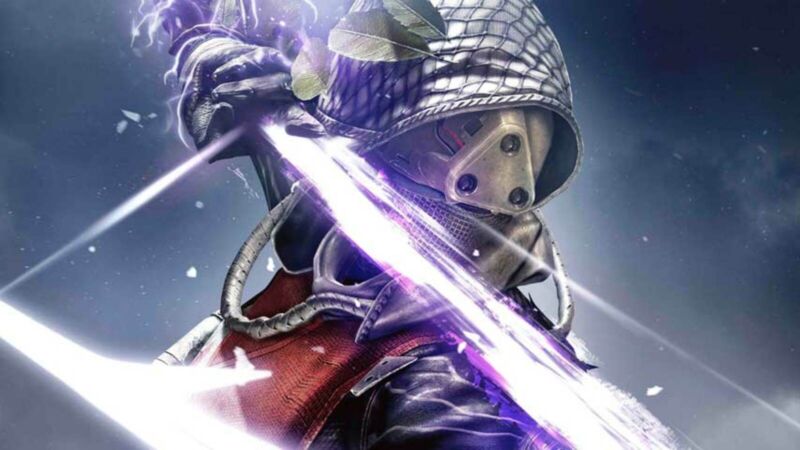
The case in question centers on Aimjunkies, a website that offers cheating tools for dozens of popular games. Bungie brought a lawsuit against the site last June, at which point Aimjunkies removed its Destiny 2 cheats (archived here) and entered settlement discussions with the developer. Those settlement discussions fell apart, though, when Bungie moved for a summary judgment in November over AimJunkies' lack of a timely response to the complaint.
In its initial complaint, Bungie alleged that the Aimjunkies cheat software is "identical or substantially similar to the copyrighted works [i.e., Destiny 2]." It also alleges that Aimjunkies' tools "infringe Bungie’s Destiny Copyrights by copying, producing, preparing unauthorized derivative works from, distributing and/or displaying Destiny 2 publicly, all without Bungie’s permission."
In a ruling obtained by Torrentfreak, though, Western District of Washington Judge Thomas Zilly notes that Bungie has "not pleaded any facts explaining how the cheat software constitutes an unauthorized copy of any of the copyrighted works identified in the complaint." Simply alleging that copyright infringement happened is not enough, Judge Zilly writes, citing precedent to assert that "Bungie's complaint must contain more than a 'formulaic recitation of the elements of a cause of action.'"
Furthermore, Judge Zilly says that Bungie's own Destiny 2 license agreement prevents the company from making a federal case out of many of Aimjunkies' alleged bad acts. Under that license agreement, arguments regarding technical circumvention of technological protection measures, trafficking in circumvention technology, breach of contract, and unjust enrichment must be referred back to arbitration rather than argued before the courts, Judge Zilly writes (Bungie seems to have acknowledged this fact via a voluntary filing in February).
Despite the win in court, Aimjunkies isn't out of legal trouble just yet. Judge Zilly is allowing arguments regarding trademark infringement (and related arguments regarding "false designation of origin") to move forward. Bungie has laid out a plausible case that Aimjunkies used the Destiny name to promote its cheat software, Zilly writes, and that the use might have been "likely to cause confusion, mistake, or deception as to the source, origin, or authenticity" of the cheat software.
Bungie also has "leave to amend" its copyright complaint, meaning it can offer new arguments laying out how the cheat software represents an unauthorized "derivative work" of its original game. That's not an impossible case to make, either. In 2017, a California court ordered German firm Bossland to pay $8.6 million to resolve 42,818 counts of copyright infringement for its Overwatch cheat tools. And in 2019, GTA Online cheat maker Jhonny Perez was ordered to pay $150,000 over similar copyright claims.
In both of those cases, though, the defendants declined to formally answer the charges against them, leaving the judge to offer a summary judgment based on the allegations. With Aimjunkies successfully pushing back on elements of this case, though, Bungie may have to work harder than usual to convince the courts to stop the cheat maker.
reader comments
104